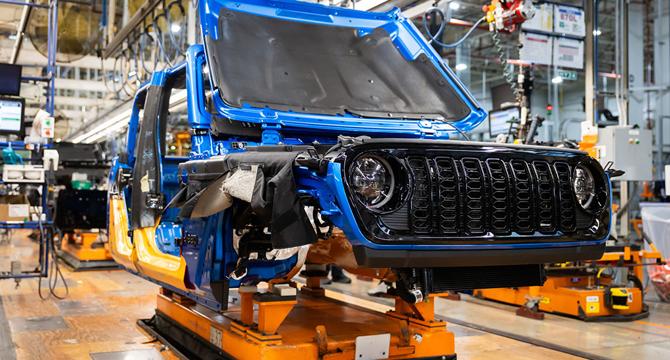Automotiveaddicts
4d
347

Image Credit: Automotiveaddicts
Which Cars Will Face the Heaviest Tariffs Under President Trump’s New Auto Policy?
- President Trump has imposed a 25% tariff on all foreign-built vehicles and parts, affecting cars with minimal domestic content the most.
- Vehicles like Mazda Miata, Hyundai Elantra N, BMW M3 Sedan, Subaru BRZ, Toyota's GR86, and GR Corolla with 1% domestic content face significant price hikes.
- Automakers like Volvo, Mazda, Volkswagen, and Hyundai-Kia, with less U.S. manufacturing, are vulnerable to the tariffs.
- GM, despite being a U.S.-based automaker, could face a $14 billion earnings hit due to substantial production in Mexico and Canada.
- Tesla and Ford's high domestic content vehicles like Tesla Model 3, Ford Mustang GT, and Honda Passport are well-positioned to avoid the tariffs.
- Consumers can expect price increases on foreign-built vehicles as dealer inventories diminish, favoring American-made vehicles in the market.
- Japan is considering responses to the tariffs, with Toyota, Nissan, Honda, Hyundai, and Kia facing financial impacts.
- President Trump's tariff policy shifts automotive trade dynamics, penalizing vehicles with low domestic content while opening opportunities for American-made cars.
- Imported performance, luxury, and budget-friendly cars likely to be more affected, while domestically produced vehicles may become more competitively priced.
- The global reaction to the tariffs involves Japan considering various options and shares of major car manufacturers dropping post-announcement.
- This new auto policy emphasizes the importance of American manufacturing for automakers targeting the U.S. market, urging strategic decisions for the future.
Read Full Article
20 Likes
For uninterrupted reading, download the app